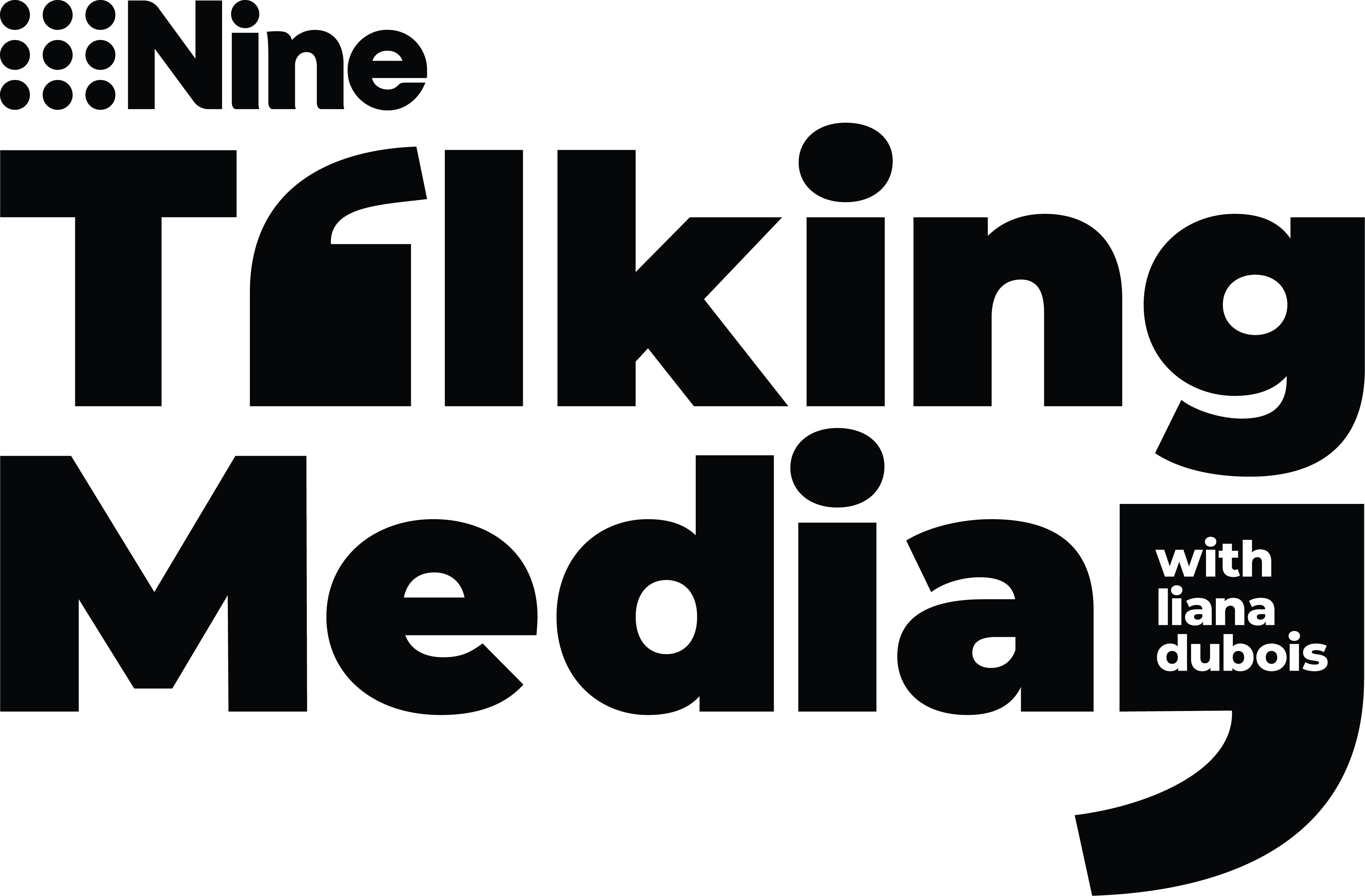



BEYOND THE BYLINE - THE SCIENCE OF STORYTELLING
Turning journalists into CX specialists and performance marketers – while still remaining true to the craft; future-proofing news as AI rises, platforms wield power
Nine’s masthead editorial teams are becoming performance marketers and CX specialists, using data analytics to drive conversion and keep readers loyal. But as AI rises and platforms make major shifts, they crucially also remain instinct-led and locally focused, says SMH Editor Bevan Shields and Nine Publishing audience growth chief Aimie Rigas.
The newsroom
Nine’s news teams are increasingly thinking – and acting – like performance marketers, using data and analytics to drive conversion, i.e. new subscribers. But also as customer experience specialists, building deeper connections with audiences by using aggregate audience consumption data to write better stories, build loyalty and increase trust. Sydney Morning Herald Editor, Bevan Shields, is “bullish” on the data-led approach in the newsroom, because it’s enabling better decision-making in terms of both strategic resource allocation and day-to-day coverage. But he says it doesn’t trump instinct – and bots won’t be making the editorial big calls.
“When I started, people were like, ‘what’s a conversion?’” says Director of Audience Growth – Publishing, Aimie Rigas. “Now there are people within the newsroom who know more about what stories convert the most than I do because they're so into the metrics and the data.”
The dashboards created by Rigas and her team are “the very first thing I look at when I wake up, maybe after a TikTok scroll, to be fair”, says Shields.
“When the newsroom gathers each morning to have our news conference, the data is actually the first thing we talk about: What was great for subscriber conversion the previous day; where there might be opportunities to double down on that today. It's now ingrained in the newsroom culture and processes.”
“We've always operated on instinct, and we always should. But it has allowed us to make really informed decisions and it means we're more responsive to our audience – because the data is not some random collection of meaningless numbers, it is actually our audience telling us what they want.”
Sometimes this throws up surprises, and Shields underlines that stories that might be in the dashboard’s ‘red zones’, where metrics are down, rather than the high-performing ‘green zones’ don’t necessarily get dropped. Instead, “it gives us the chance to say, let's drill into that – why is that occurring? How can we try and get that better?”
Local shift
Publishing division analytics are showing a definite trend towards local news, especially post-Covid.
“Having that data has given me the confidence to double down in that area to the point where we've shifted more reporting resources to that part of the newsroom,” says Shields.
Likewise, “the way people are consuming news, in particular when, has changed a lot since the pandemic”, says Rigas.
“We had a super-interesting graph that showed when we published stories versus when our audience is online historically, and it has changed. They were completely opposite ends of the day,” she says.
“If you don't know, you can't change it. So the way we publish – the flow of stories throughout the day – has changed quite a bit to align with when our audience is online.”
Humans in control
Shields insists editorial instinct and control remain critical. For example, keeping the recent Bondi attack news in front of the paywall and open to all, but also choosing not to publish Ash Good’s name, despite knowing early on that she was the woman tragically killed after passing her injured baby to a stranger.
“I have no doubt if we published that story it probably would have been well-read. A lot of our competitors ran it that night. In my gut, I just thought it was way too soon,” says Shields.
“If you had a robot making those decisions, it would have run that story straight away. But having instinct, insight and understanding of what is right and where the lines are is still important.”
Another example is where he says instinct lay behind the decision to campaign hard for pokies reform in NSW.
“The only jurisdiction in the world with more poker machines per capita is Las Vegas, Nevada. So it’s an absolute source of human misery in New South Wales and Sydney. There was a big report from the Crime Commission that said the government is going to have to deal with this and we used that as a stepping stone to campaign on this issue,” says Shields.
“My instinct was, there's a moment here and a time here for change, and we went really hard on that. Initially there was very little audience for that story and for that issue. We built that over time, and it did become very good for us and our brand and it led to public policy change. But if you were driven solely by the analytics and didn't factor in anything else you wouldn't touch that story.”
Rigas agrees.
“One of the reasons there has been such a keen uptake in the data is because we do acknowledge that if you are an editor and a specialist in whatever field, and you really believe that something is an important story to tell, then we're going to back you,” she says.
“If we are just looking at data constantly, we're never going to surface any of those original yarns, and that's really what we're about. So, you can't just go 100 per cent on data, and that's also not our strength.”
Shields says commitment to public-interest reporting, balanced journalism and doing the right thing ethically is why readers come to mastheads like the Herald.
“We’re nothing if our readers don't trust us. It begins and ends with that, in my view. Readers have to have confidence that we're not some AI robot, that we're actually humans who are making informed decisions and have the readers’ best interests at heart – and also the journalism.”
AI and algorithm shifts
AI is rapidly disrupting just about every industry. News media is no different.
“There's lots of talk of AI and so many ways you can use it. But it's probably more interesting for us from a journalism standpoint to talk about how we're not going to use it – we're not going to use it to completely edit our home pages, and there's a whole bunch of different ways that we're not going to use it,” says Rigas.
But she does see AI making it much faster to dig into analytics and surface insights, and Shields is likewise keen on more real-time smarts on what is converting and when.
As global platforms become more aggressive gatekeepers, he thinks immediacy of intelligence will become increasingly critical to drive new subscriber growth.
“There's a lot of news fatigue at the moment. Social media companies have changed their algorithms and it's harder to get social traffic to our sites. So we have an unusual situation at the moment where our subscriber audience is growing extremely strongly, but it is harder and harder to make sure that overall audience is big.”
Though ultimately, says Shields, that may not really matter as audiences seek local, quality news over that served by global algorithms at scale.
“I think that's going to be the big story in media over the next little while, that big is not necessarily better, big is not necessarily powerful. I think that's a big shift that's about to happen in the landscape, and it's happening here as well.”
Either way, Rigas says Nine’s data strategy and ongoing push to build direct audiences insulates the publisher from algorithm changes and platform pivots, politically motivated or otherwise.
“We're in a really unique and privileged position. But we've also done a lot of work to get here, in that more than 70 per cent of our sessions come direct or via our app,” says Rigas. “That's a pretty decent chunk and that doesn't even include newsletters”.
“The Herald is 193 years old. We’ve been here before … platforms come and go, and the challenge for us is to keep track of what is the next thing.... thinking about the future is fundamentally fuelling our business strategy.”
Have a question or comment about this episode? We'd love to hear from you. Please fill in the form.



